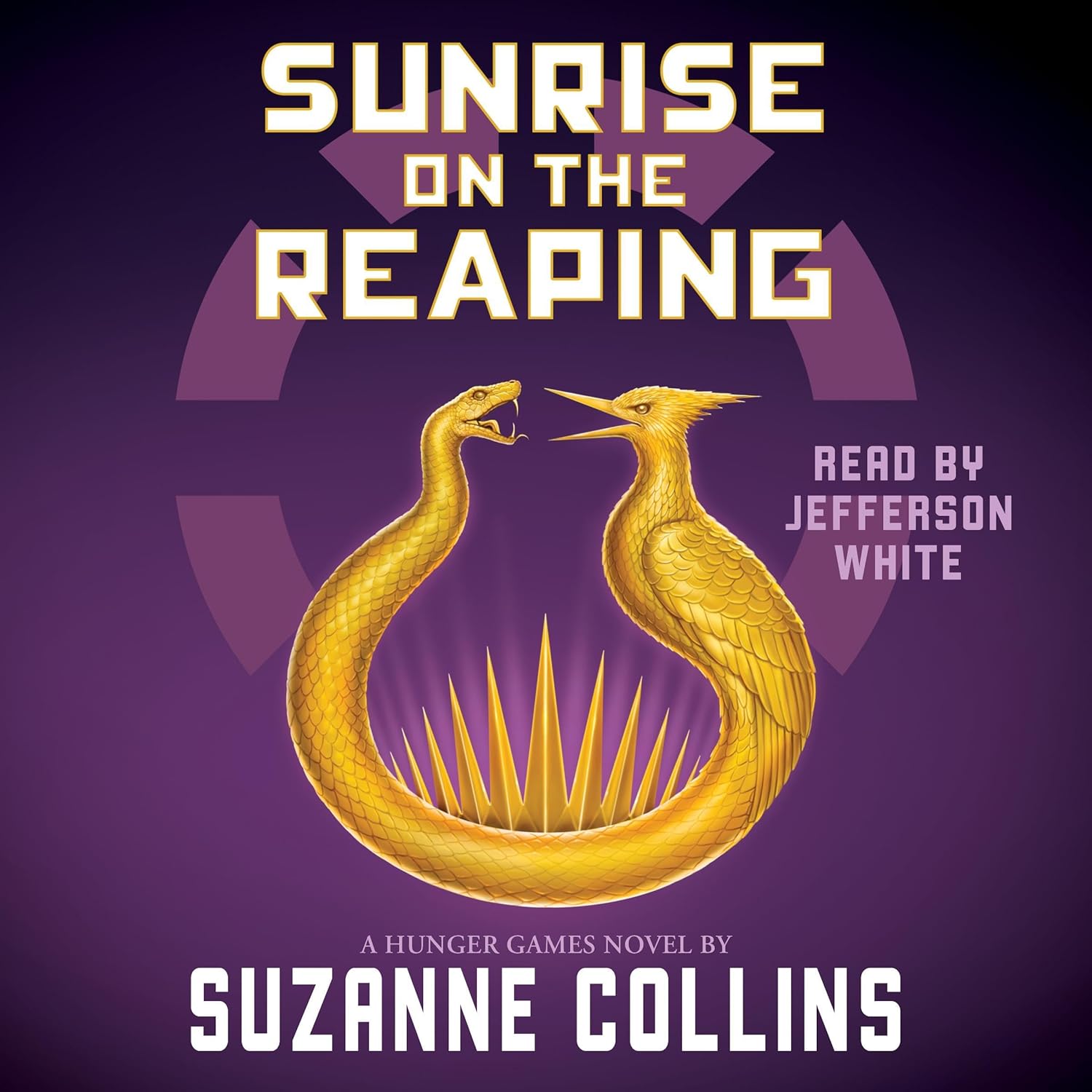[toc]
hunger games victory rebellion and moral ambiguity
Sunrise on the Reaping (A Hunger Games Novel) (The Hunger Games)
Page 464 Review
The Hunger Games: A Critical Analysis of Victory and Rebellion
Suzanne Collins’s prequel to The Hunger Games delves into the complex morality of war, survival, and the birth of a rebellion.
One pivotal scene highlights these themes through a brutal and ambiguous victory.
Let’s break down this excerpt:
The Propaganda Machine
The narrator expresses concern over the Capitol’s manipulation of truth: “I hope those in the districts can still see it as the piece of propaganda it is, but no telling what they’ve been fed.” This line underscores the Capitol’s control over information and its potential to shape public perception, setting the stage for the rebellion to come.
This concern for the districts indicates a nascent awareness of societal injustice.
The Final Confrontation
The climax arrives with a desperate battle against Silka: “We’re back to Silka and me facing off, knowing we’re the final two.
Without words, we quickly engage in battle.
Fatal wounds are exchanged.
I run to the hedge.” The stark description emphasizes the brutal reality of the arena, where survival hinges on ruthless combat.
The characters are reduced to instinct, stripped of their humanity by the Games.
A Controversial Victory
The victory itself is mired in ambiguity: “On the cliff, Silka corners me, throws her ax.
I drop.
They cut to her anticipation and then back to me, convulsing.
This must have happened after I lost consciousness.
The ax rebounds and buries itself in her head.
And then? — and then?
Silka dies, her cannon fires, and I’m hanging on by a thread.” The narrator’s loss of consciousness leaves the details of Silka’s death unclear.
This ambiguity is crucial.
Did the narrator intentionally use the environment (the rebounding ax) to their advantage, or was it pure luck?
The lack of clarity allows for multiple interpretations, questioning the true nature of victory.
Erased History
The subsequent cover-up further complicates the narrative: “The sunflower bomb, the quartz, the flint striker — there’s no record of any of them.
All of them gone or tucked away from sight.” The erasure of potentially rebellious elements suggests the Capitol’s desire to maintain control and prevent any challenges to their authority.
This suppression of truth fuels the simmering discontent that will eventually erupt into open rebellion.
Breaking the Rules?
The narrator’s internal conflict is evident: “Are there rules about breaking out of the arena and using the force field to win?
Possibly they are implied, but I have never heard them mentioned.
So, what am I?
A rascal?
A cheater even?
Maybe.
But clearly I do not rise to the standard of a rebel.” This self-doubt highlights the narrator’s moral struggle.
While they may have technically broken the rules (or exploited loopholes), they don’t yet see themselves as a true rebel.
This internal conflict is a key element of their character arc.
The All-Seeing Eye
The final image is powerful and symbolic: “The camera pulls back slowly as they carry me away, for the first time revealing the arena as a whole.
It looks like a giant eye.
The Cornucopia marks the pupil.
The wide circle of spring-green meadow makes up the iris.
On either side, the darker green of the forest and mountain terrain narrows to…” The arena’s representation as a giant eye suggests constant surveillance and judgment.
The Capitol is always watching, always controlling.
This imagery reinforces the themes of oppression and the lack of privacy in a totalitarian society.
The Cornucopia, the source of both sustenance and danger, being the pupil emphasizes the Capitol’s central role in controlling the Games and, by extension, the lives of the tributes.
Conclusion
This excerpt is a masterclass in ambiguity and moral complexity.
It questions the nature of victory, the cost of survival, and the seeds of rebellion sown in a world of propaganda and oppression.
By leaving the reader to question the protagonist’s actions and the Capitol’s motives, Collins creates a compelling narrative that resonates long after the final page is turned.
The ambiguous victory, coupled with the erasure of evidence, sets the stage for the larger conflict and the narrator’s transformation into a symbol of hope for the oppressed.
Buy full ebook for only $15: https://www.lulu.com/shop/suzanne-collins/sunrise-on-the-reaping-a-hunger-games-novel-the-hunger-games/ebook/product-e7496ww.html?page=1&pageSize=4

